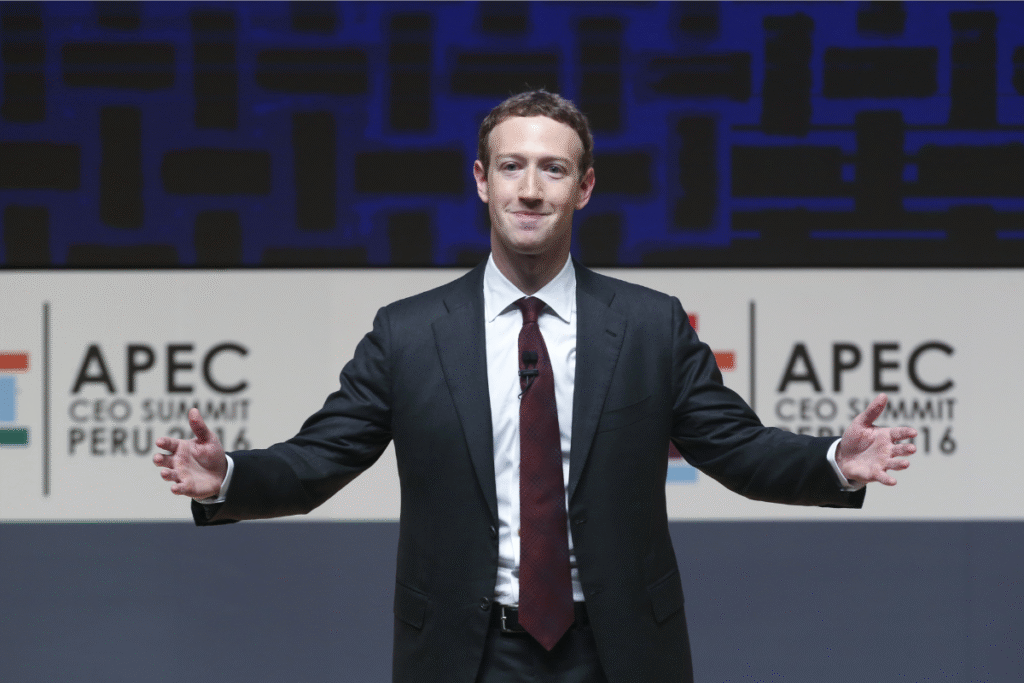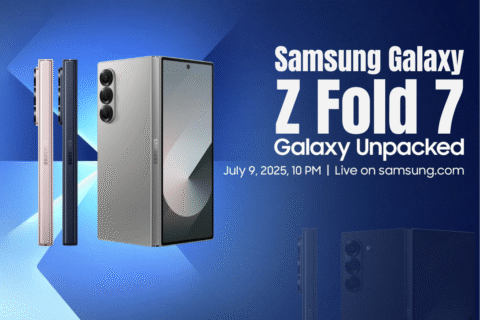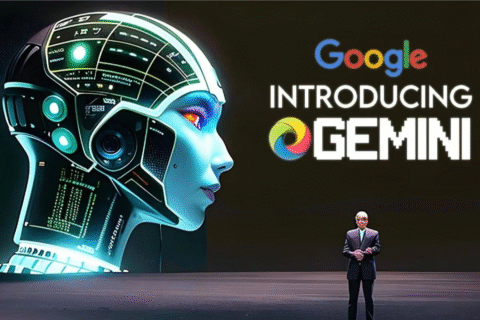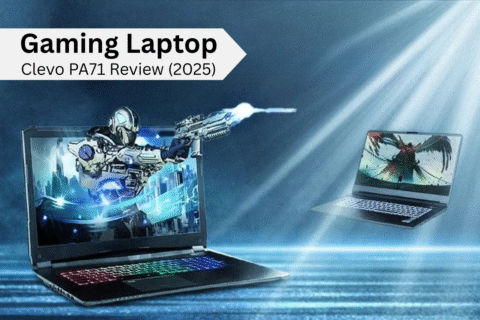Mark Zuckerberg: The Visionary Behind Facebook, Meta, and the Future of Tech
Who Is Mark Zuckerberg?
Mark Zuckerberg is one of the most influential—and polarizing—figures in modern technology. Best known as the co-founder of Facebook, Zuckerberg transformed a college networking idea into a global platform that redefined communication, privacy, and the internet itself.
Born on May 14, 1984, in White Plains, New York, Zuckerberg displayed early signs of brilliance in programming. By the time he was in high school, he had already created Synapse—a music player with AI features that caught the attention of Microsoft and AOL. He declined their offers and went on to Harvard University, where Facebook was born.
The Rise of Facebook
In February 2004, Zuckerberg and his roommates launched TheFacebook—a social networking site initially limited to Harvard students. Within months, the platform expanded to other Ivy League schools and eventually to universities around the world. By 2006, Facebook was open to anyone over 13 with a valid email address, and the rest is history.
Under Zuckerberg’s leadership, Facebook rapidly evolved from a college novelty to the largest social media platform in the world. With features like the News Feed, Like button, and Messenger, it transformed how billions of people share, connect, and interact online.
As of 2025, Facebook still boasts over 2.9 billion monthly active users, making it one of the most-used platforms globally.
Want to supercharge your content workflow in 2025? 🚀
Discover the top AI tools that are transforming how creators write, edit, and publish—faster and smarter than ever. Learn why these platforms are essential for modern content strategy and productivity.
If you’d like to read the full guide, click the link below:
👉 Click here to read the full “AI Content Creation Tools in 2025” Guide 👈
Meta: Mark Zuckerberg’s Vision for the Future
In 2021, Zuckerberg announced a major rebranding of Facebook’s parent company to Meta Platforms Inc. This shift wasn’t just cosmetic—it represented his ambitious pivot toward building the metaverse, a digital universe where virtual and augmented realities blend into immersive online experiences.
Meta now encompasses a wide range of services and technologies, including:
- Facebook: The flagship social network
- Instagram: Photo and video-sharing app
- WhatsApp: Encrypted global messaging platform
- Reality Labs: Focused on AR/VR devices like Meta Quest
- Horizon Worlds: Meta’s virtual reality social platform
For Zuckerberg, the metaverse is the next frontier—a successor to the mobile internet. He envisions a world where people will socialize, work, and play in fully immersive digital spaces using headsets, holograms, and virtual avatars.
Despite skepticism and financial hurdles (Meta has poured billions into VR development), Zuckerberg remains committed to making the metaverse a mainstream reality.
Leadership Style and Public Perception
Mark Zuckerberg is a textbook example of a Silicon Valley disruptor—bold, data-driven, and fiercely ambitious. But his leadership style has drawn both admiration and criticism.
Supporters praise him for:
- Scaling a tech startup into a global empire
- Embracing innovation in AR/VR, AI, and connectivity
- Navigating multiple acquisitions (e.g., Instagram, WhatsApp, Oculus)
Critics, however, argue that:
- Facebook under his watch has mishandled user data (e.g., the Cambridge Analytica scandal)
- He holds too much centralized control (with over 50% of voting shares in Meta)
- Meta contributes to misinformation, social polarization, and online toxicity
Mark Zuckerbergs public appearances—often marked by robotic speech, formal tone, and calculated responses—have led some to view him as out of touch with everyday users. Yet behind the scenes, he’s deeply involved in both product design and technical development.
Key Accomplishments
Here are some of Mark Zuckerberg’s most notable achievements:
1. Billionaire Before 30:
Zuckerberg became one of the youngest self-made billionaires at age 23. His net worth as of 2025 hovers around $120 billion, placing him among the top ten richest people globally.
2. Successful Acquisitions:
Acquiring Instagram in 2012 for $1 billion and WhatsApp in 2014 for $19 billion were seen as risky at the time—but both proved to be strategic moves that secured Facebook’s dominance.
3. Internet.org and Connectivity Efforts:
Through Meta and other foundations, Zuckerberg has supported efforts to expand internet access in underdeveloped regions using drones, satellites, and other technologies.
4. Philanthropy through the Chan Zuckerberg Initiative (CZI):
In 2015, he and his wife Priscilla Chan pledged to donate 99% of their Facebook shares during their lifetimes to promote education, health, and equality.
Controversies and Challenges
Zuckerberg’s career has been shaped as much by controversy as by innovation. From Congressional hearings to whistleblower revelations, Meta has been under intense scrutiny.
Data Privacy:
The Cambridge Analytica scandal revealed how personal data of millions of users was harvested and used for political campaigns. Zuckerberg faced the U.S. Senate, defending Facebook’s practices amid global outrage.
Misinformation & Content Moderation:
Meta platforms have been accused of enabling the spread of fake news, conspiracy theories, and hate speech—raising questions about algorithmic transparency and free speech.
Monopoly Accusations:
With its vast reach across social and messaging platforms, Meta has been accused of stifling competition. Ongoing antitrust investigations aim to determine whether its acquisitions should be reversed or limited.
Despite these issues, Mark Zuckerberg remains unshaken in his vision—often defending his company’s actions as part of a broader mission to connect the world.
What’s Next for Mark Zuckerberg?
Mark Zuckerberg is betting big on AI and the metaverse. Meta has already launched powerful open-source AI models like LLaMA to compete with the likes of OpenAI and Google. Future plans also include:
More advanced Meta Quest headsets
- Realistic avatars and full-body tracking
- Holographic meetings and VR workplaces
- Smart glasses in partnership with Ray-Ban
He’s also expected to dive deeper into decentralized networks, blockchain-based platforms, and brain-computer interfaces—making him a tech figure who doesn’t just follow trends, but sets them.
Conclusion
Mark Zuckerberg is a complex figure—part visionary, part disruptor, and part controversy magnet. Whether you admire him for revolutionizing global communication or criticize him for shaping a digital world rife with ethical dilemmas, there’s no denying his impact.
As Meta expands into uncharted territory, Mark Zuckerberg continues to redefine what technology can mean for humanity. From Facebook to the metaverse, his story is still being written—and it’s one that will shape the next chapter of the digital age.






